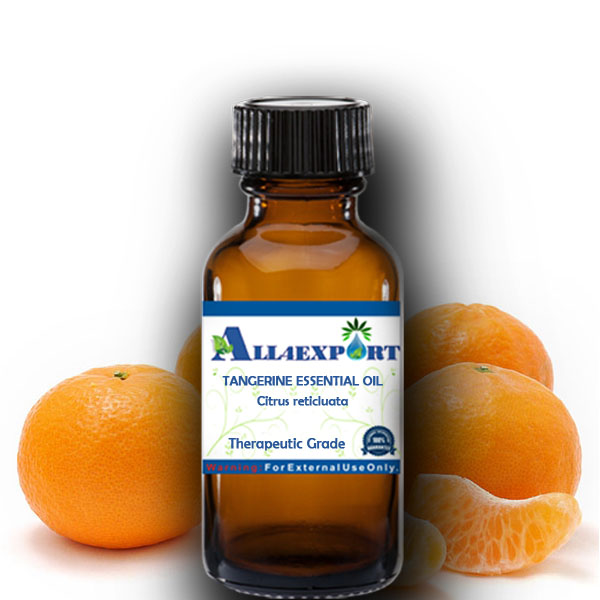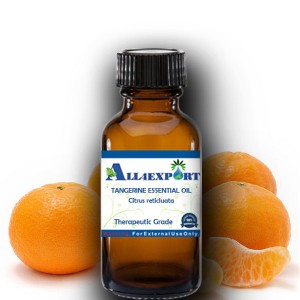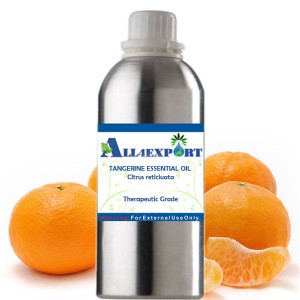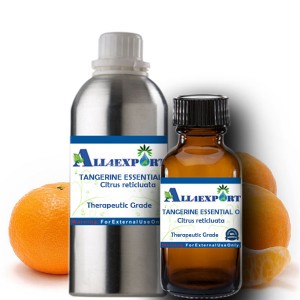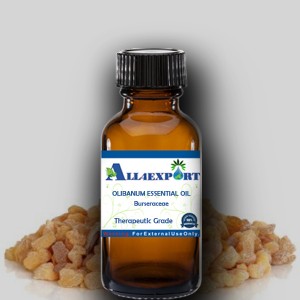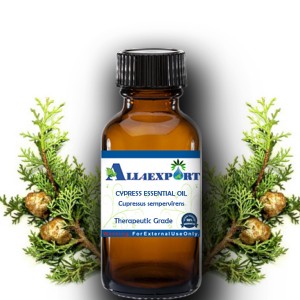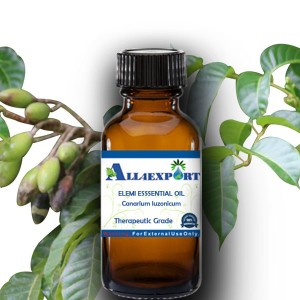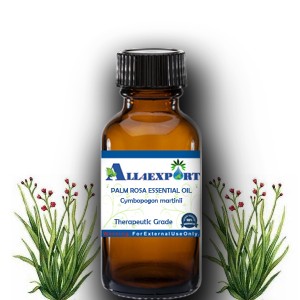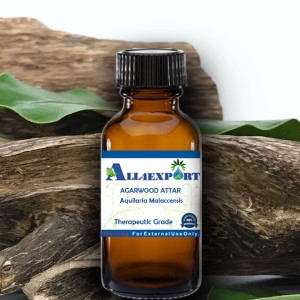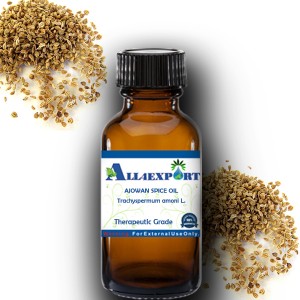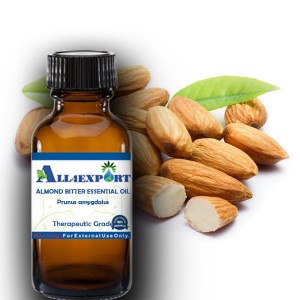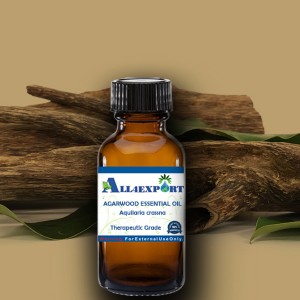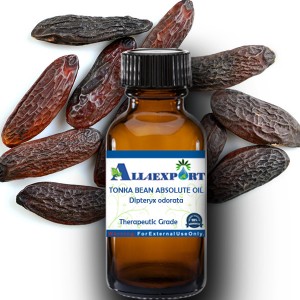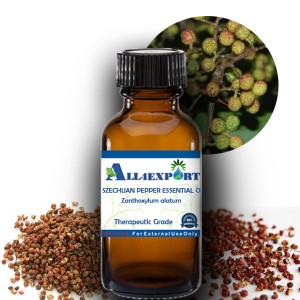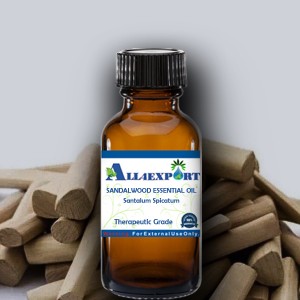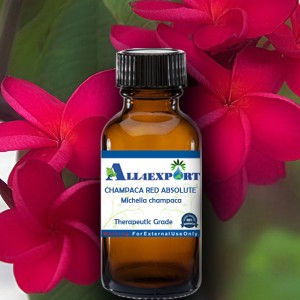| TANGERINE ESSENTIAL OIL |
Botanical Name | : | Citrus reticluata | Country of Origin | : | USA | Solubility | : | Insoluble in water, soluble in alcohol and oils | Specific Gravity | : | 0.8472 @ 72°F | Optical Rotation | : | +90.95 | Refrective Index | : | 1.4744 @ 72°F | Plant Part | : | Fruit Peel | Bland With | : | bergamot, cinnamon, clary sage, clove, frankincense, lavender, nutmeg and neroli. | CAS No | : | 8008-31-9 | Flash Point | : | 114°F | Extraction Method | : | Steam Distilled |
|
Description : The tangerine is a group of orange-colored citrus fruit consisting of hybrids of mandarin orange. Tangerines contain more vitamin A than oranges, though oranges are lower in calories and higher in vitamin C and fiber. The tangerine tree is smaller than other orange trees. It bears slender twigs and glossy lance-shaped evergreen leaves.
|
Constituents : a-thujone, a-pinene, b-pinene, camphene, citronellal, geranial, limonene, linalool, myrcene, nerol, sabinene, terpineol-4-ol and y-terpinolene. |
Uses : Tangerine essential oil can be Used as an antiseptic, antispasmodic, cytophylactic, depurative, sedative, stomachic, and a tonic substance.
|
Benefit : Tangerine oil is known for its antifungal and antiseptic properties, making it a popular ingredient in skin care formulas. It's a great remedy for acne and skin impurities. Tangerine essential oil also works for hair because of its antiseptic properties and helps treat dandruff, dry scalp and other scalp infections. |
Caution Note: We recommend Keep out of the reach of children. Avoid contact with skin and eyes.
All of the information and opinions that are provided on this web site are for informational and educational purposes only. This information is not intended to replace medical advice given by a medical practitioner. Anyone considering alternative therapies should consult with their medical professional before using an alternative method of healing. We do not give nor is any opinion on our web site medical advice.
|








